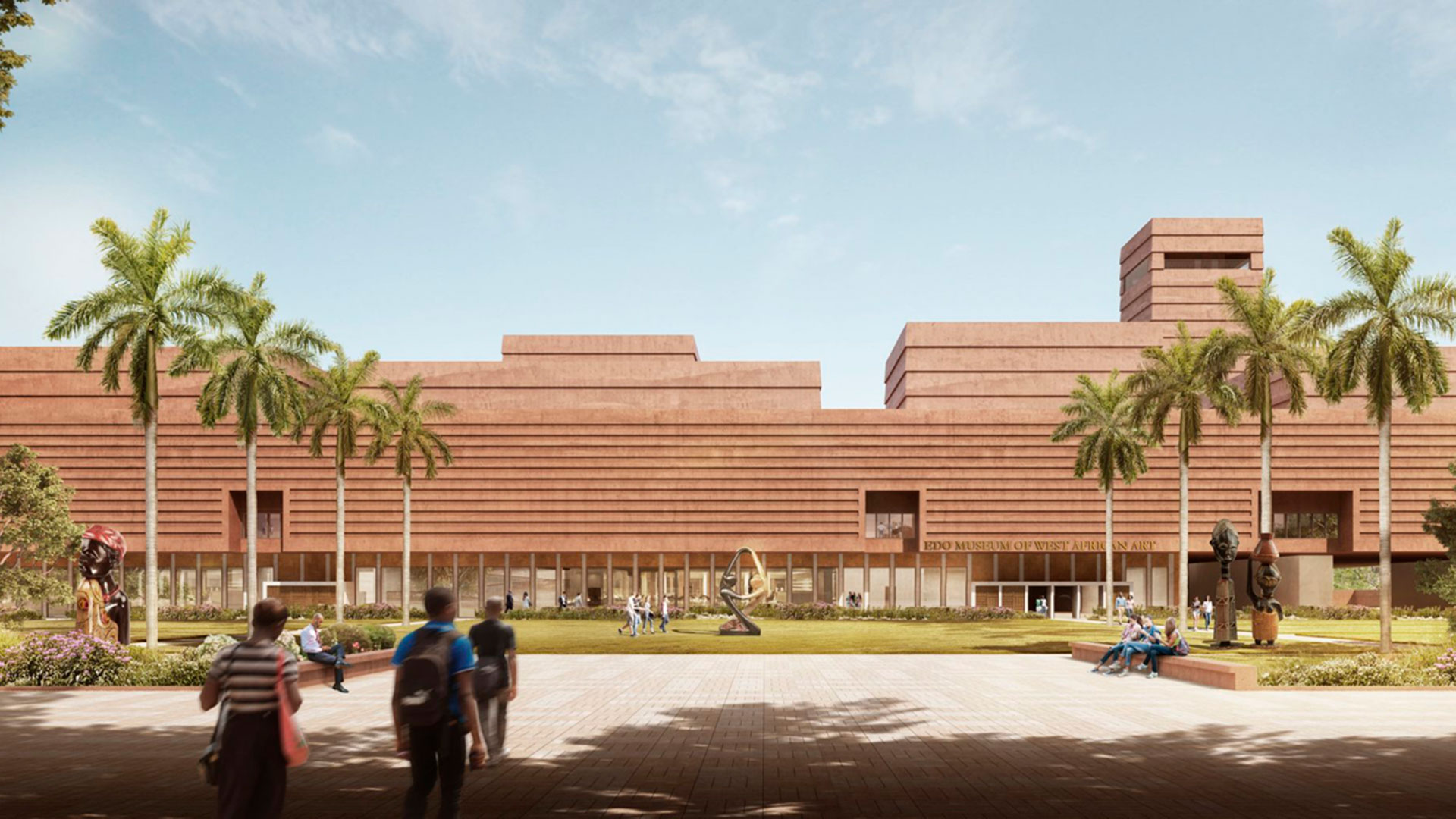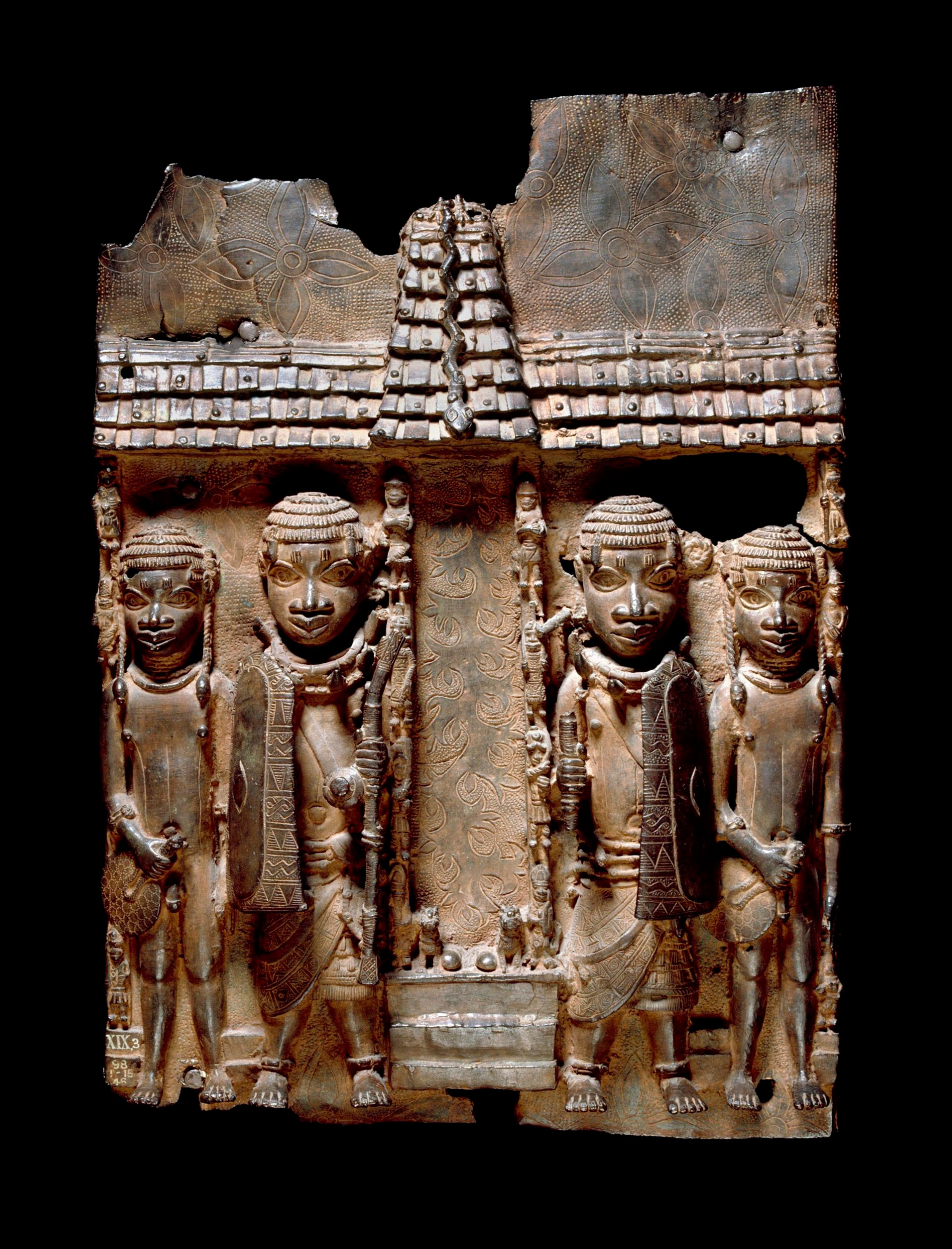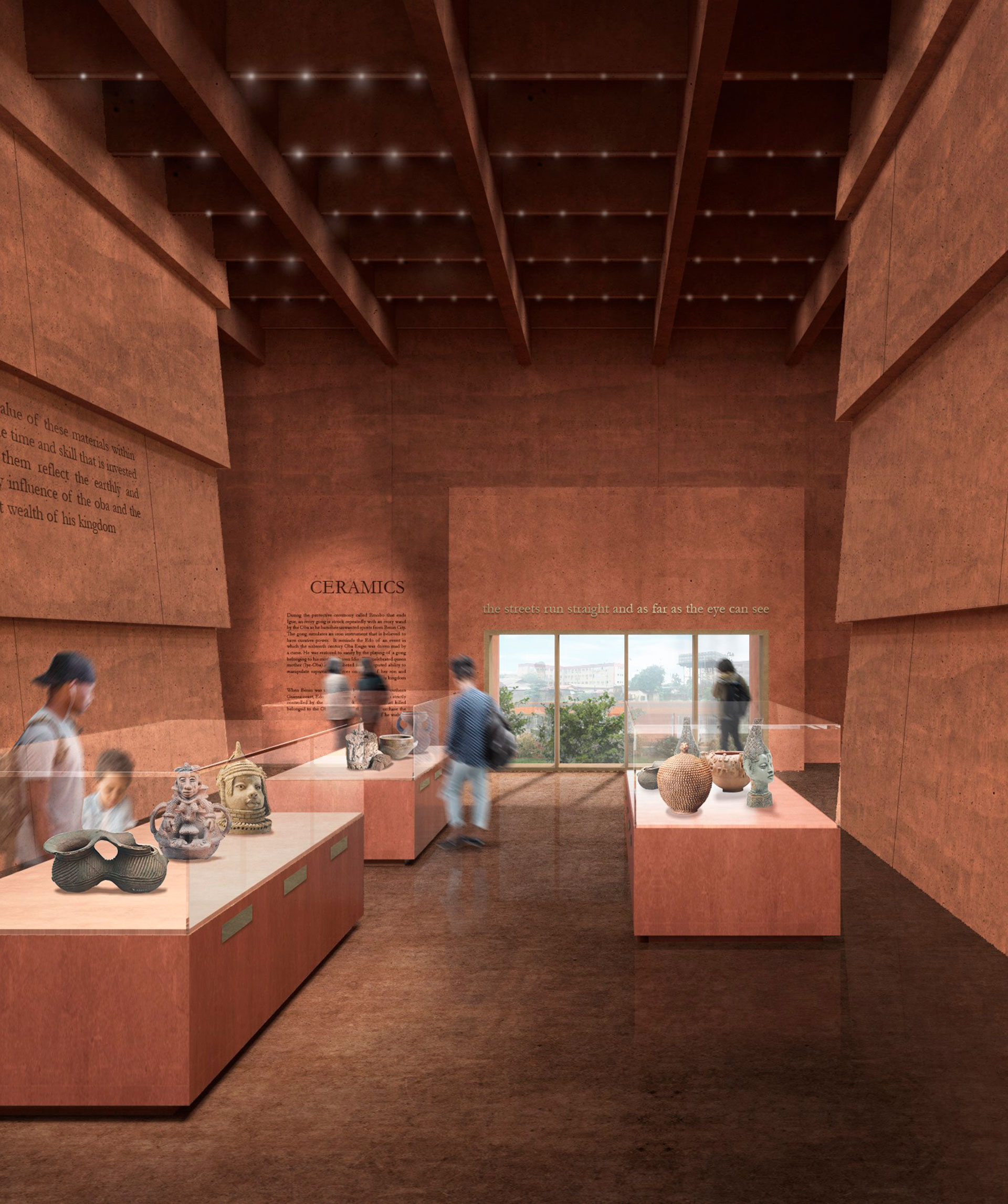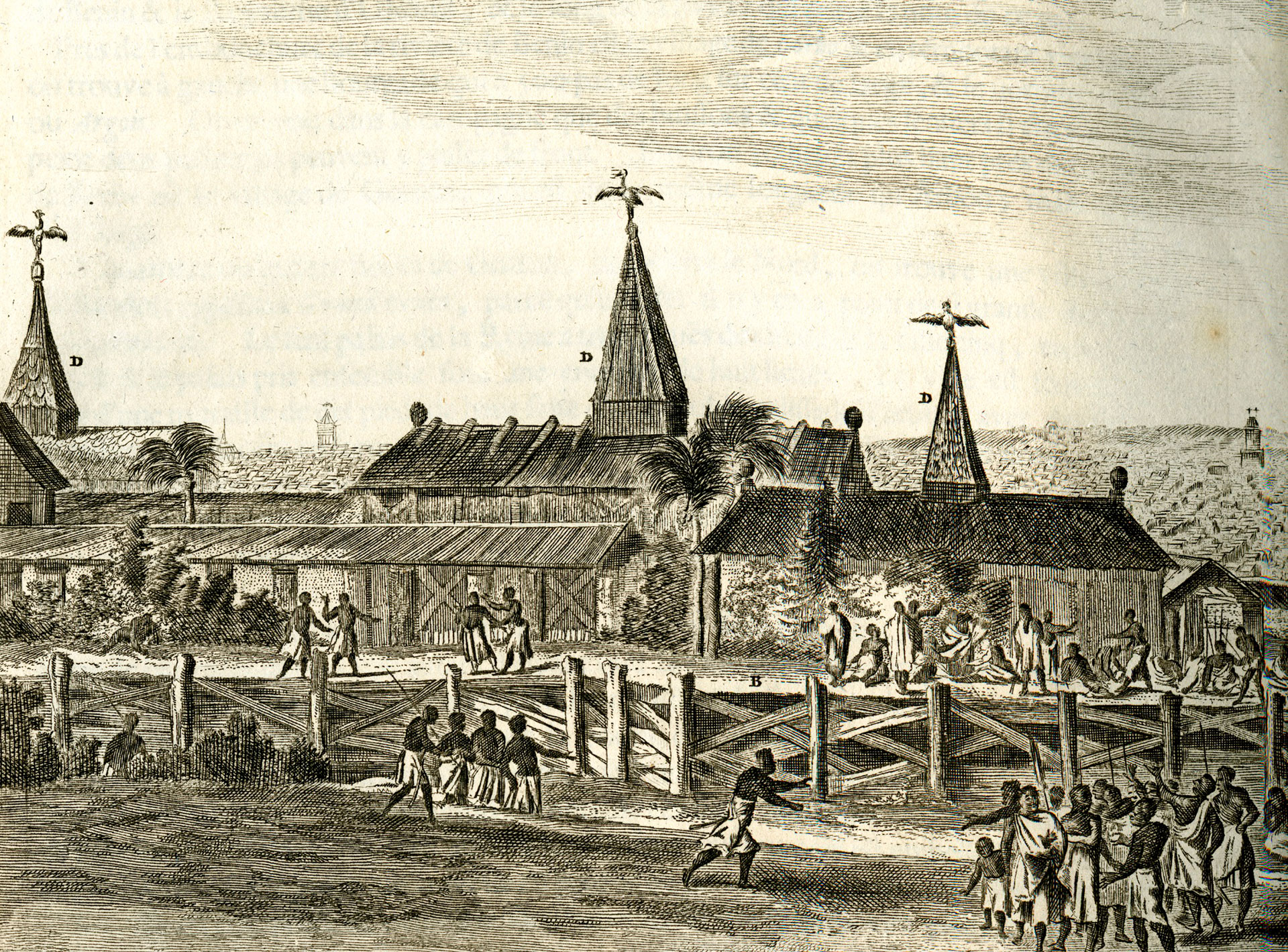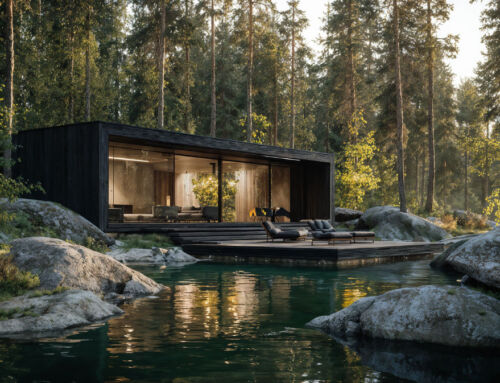“We are pleased to announce an exciting collaborative archaeological project, developed and delivered as part of the new Edo Museum of West African Art initiative in Benin City”. This is how the British Museum announced the largest excavation ever carried out in said city of the Edo State, Nigeria. In addition to the excavation, the project includes the construction of a museum on the site. Developed with the support of the Royal Court of Benin, the Edo State Government and the Nigerian National Commission for Museums and Monuments, the project is part of an intense international debate on cultural property and the restitution of art objects.
The Kingdom of Benin was one of the most important and powerful pre-colonial states in West Africa. It was part of the trade route that supplied gold, ivory and other goods, across the Sahara, to North Africa and beyond. After the arrival of the Portuguese in the 15th century, the kingdom became an important trading partner for Europeans. However, with the British conquest in 1897, Benin City was destroyed and looted, which meant that thousands of ritual and ceremonial valuables were scattered around the world. These objects are now part of numerous museum collections in the UK, Europe and the USA.
The museum, created by the architectural firm Adjaye Associates, will “revitalize and incorporate” the existing vestiges of the walls, moats and gates of the historic city. Furthermore, a consortium of European, British and Nigerian museums, organised as the Benin Dialogue Group, is working to ensure that the new building will house a permanent exhibition of Beninese artworks, both those emerging from the excavation and those currently dispersed in other museums around the world. With this major collaborative archaeological project, Nigeria and the United Kingdom wish to provide a further opportunity to “address the painful history of 1897”, through public participation and critical debate.
Sources and images: British Museum, Adjaye Associates.


